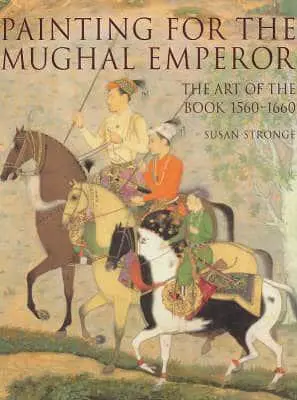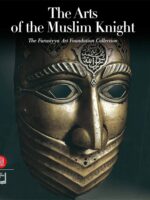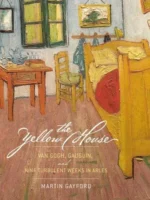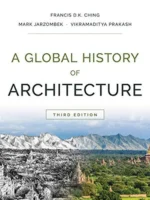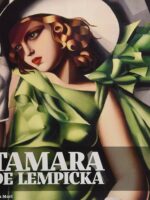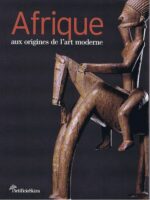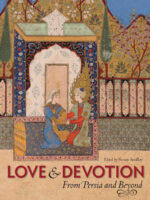Painting for the Mughal Emperor Review
Painting for the Mughal Emperor by Susanne Stronge is a focused study of Mughal court painting as a collaborative, imperial enterprise. It shows how workshops turned politics, poetry, and observation into visual language.
Overview
Stronge covers atelier organization, paper and pigment technologies, Persian roots and local synthesis, portraiture, natural history, and narrative sets commissioned by Akbar, Jahangir, and Shah Jahan.
Summary
We see how masters and specialists—outline, color, gilding—co-authored pages; how imperial taste shifted from epic illustration to refined portraiture and marvels of nature; and how albums and manuscripts functioned as diplomacy and memory.
Authors
Susanne Stronge writes as a curator–scholar, grounding analysis in object study, inscriptions, and workshop documents.
Key Themes
Collaboration as method; synthesis of Persian, Indic, and European optics; image as governance; albums as portable courts.
Strengths and Weaknesses
Strengths: clear workshop anatomy, technical notes, and close readings of key folios. Weaknesses: narrower scope beyond the imperial center and limited economic data on artisans.
Target Audience
Historians of South Asian art, curators, designers, and readers drawn to book arts and court culture.
Favorite Ideas
Margin architecture in albums; natural history studies as empirical curiosity; portraits as tools of rule.
Takeaways
Mughal painting is high coordination: materials, labor, and imperial intent woven into pages that travel power and taste.

